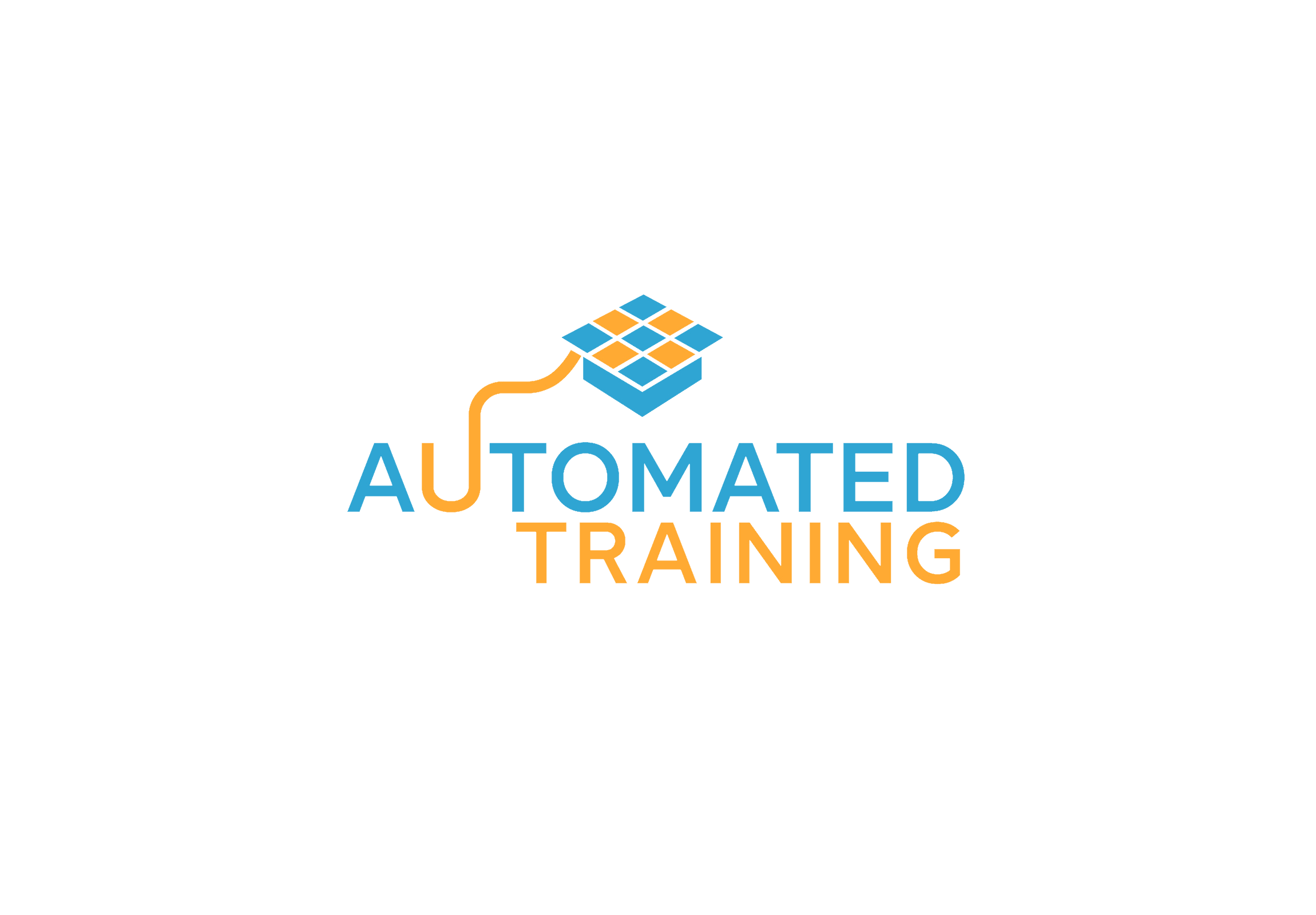How could someone make mistakes when reading books?
Some time ago, I was convinced that the only mistake in reading books is not to read them at all. But I have discovered that we can make mistakes also when reading books.
The latest trend in reading books is to brag about the number of books read and to relate to famous people that are known for reading a lot. We live in a world where only numbers matter. We count pretty much everything that doesn’t matter too much: steps per day, coffee cups and water cups, likes on Facebook, views on LinkedIn, and God knows what other social media offer us the “privilege” to count something and measure the “quality” of our lives in this manner.
When it comes to self-improvement, learning, or reading books with the purpose of learning, the numbers are less important than the outcome. It is not the book that makes you the master but the skills that you have gained. If you read 10 books and gained no new knowledge that you apply, no new skill, or you did not improve any of your existing skills, I am sorry to tell you, but I lack to see the outcome.
I wrote this article hoping to make you aware of the power of applied education, for what you practice in private you will be appreciated in public. The basic and cheapest form of education is reading books. Because training usually costs 10 times more than a book, the power of the knowledge lies not in the information you read but in the information you apply.
There are 2 main stages of education when it comes to reading books:
1. Shelf education

At this point, you must be thinking that I did a typing mistake and the “h” should not be in “shelf”. No, there is no mistake, the “shelf education” is, unfortunately, one of the techniques used by many people. The people that use this technique share some common characteristics. They love books, and they buy books but when it comes to reading books it comes to the common excuse: “I am so sorry for not having time to read”.
![]() The problem is not that we are not having time, we have time. We come to this world naked and with plenty of time … the only question is: what do we assign our time for? We assign time ONLY for what is important to us … read this sentence again and make a short review of your calendar in order to become aware of what is important to you. It might be the case that you need to shift some priorities.
The problem is not that we are not having time, we have time. We come to this world naked and with plenty of time … the only question is: what do we assign our time for? We assign time ONLY for what is important to us … read this sentence again and make a short review of your calendar in order to become aware of what is important to you. It might be the case that you need to shift some priorities.
Getting back to our books, the shelf-education would be an episode like this. You are in a bookstore and you hold that book in your hand, the one that you waited for some weeks to buy and you yearn for some months to read. After finally purchasing it you are looking forward to you get home to start reading it. And you get home, and you put it right on your desk to be easy to grab and read. But later on when the uproar of your home chills. Right now you have however to prepare some urgent documents, to send some emails and if that part is not finished you will not be able to focus and enjoy it.
It becomes late, you notice that you are tired and you postpone the reading for tomorrow. You mean: “why not? God did not create the world in one day eighter”. “And there was evening and there was morning” (Genesis 1:5) and you go on with your regular schedule: work, sport (if you are lucky), cat (if you are not allergic), kids (if you are even luckier), cooking (if you have assigned the time for it 😉 ), and everything seems to keep you apart from “the book” … and there was another evening when you were tired and there was another morning when you woke up even more tired than when you went to sleep and you decide it is better to postpone the reading for the next day… thank God we have enough “next day” to choose from. You mean: “why not? God did not create the world in two days either, let’s not forget about the seventh day, the day of God’s rest … plenty of time to read”. And you finally postpone the reading for the weekend. The problem with the weekend is that it is much shorter than the working week and we kind of overestimate this because we tend to shift almost everything for the weekend: house cleaning, paying bills, shopping plus that all the unpredictable events take place on weekends: you have some relatives coming by, mother in law is visiting, a good friend/colleague that you haven’t seen in years is coming back in town … and the book is already covered with a pile of bills that you have to pay also during the weekend. Your better half asks you to clean your desk: “at least that much you can do if you want to go see that friend of yours” and you take the book very carefully, as it would be a precious object, and you put it nice and slow on the bookshelf, exactly near the other book that you bought last month, after waiting some time for the money to afford it and after craving some months to read it. The book will share the same destiny that lots of books have nowadays (with this fulminant development of technology): you forget it there on the shelf because you can’t stop thinking about the book that your friend has recommended to you this weekend, and you must get it by all means.
And this is what I call, shelf education. I said at the beginning of this article, that this is the biggest mistake in “reading books”.
2. Self-education

Is a totally different story, at least it has a happy ending and 3 episodes.
2.1. Reading books:
The first episode is called Reading and it starts with “once upon a time … I read a book”. And after hearing this sentence from someone I ask: “and what did you do with the information/knowledge gained from the book?” and most of the time the answer is “nothing” or there is no answer at all. And this is the second mistake in reading books: not using/ applying the information.
I hear lately from more and more people that “knowledge is power”. The phrase is not so wrong as it is its interpretation. The great majority of people think that if they read a book per week or ten books they have the knowledge so they have the power. But you can read the whole Library of Congress, the largest library in the world with more than 168 million items, if you don’t use the acquired information how does this knowledge empowers you? Besides, it also matters what kind of books you read, if you read romance and crime novels, this will relax your mind not empower it. Empowerment comes from doing “something” so good that you have no competition.
Did it happen to you to read something and next week have forgotten a great part of it? Well, it is normal and it is what the German psychologist Hermann Ebbinghaus, who pioneered the experimental study of memory, calls this forgetting curve in his work “Über das Gedächtnis” 1885.
This curve shows how information is lost over time when there is no attempt to retain it. In order to imagine how bad the situation is, I will quote some numbers:
– after one hour 50% of information will be lost,
– after one day 70% will be lost
– after one week 90% of information is gone … yes, almost everything.
You must be thinking: “if everybody says that a brain is a super machine with a superpower, why does the brain fail in such a miserable way to retain the information?“. Neuroscience explains that forgetting is a natural and desired activity of the brain in order to protect from overloading.
The input of information that we have daily is over 11 million bits of information from the world around us, and the conscious mind typically processes only 50 bits per second, that’s why the brain is primarily a deletion device. The brain has to sort out what his filter indicates that is no more important for you. This is done in your sleep, in the REM (rapid eye movement) sleep cycle. Here is a video explaining the sleep architecture and sleep deprivation effects on memory. The brain transfers short-term memories in the motor cortex to become long-term memories. And the “brain’s filter” that selects who’s in and who’s out is called the reticular activating system (RAS).
The second mistake in reading books is if you don’t use the information immediately, you will forget it. How can we use now this information to our benefit? Go to the next episode of my story!
2.2. Reading and Writing
If only reading it is not enough and if half of the reading will be lost by the next day it means that other methods have to be involved immediately or in a short time after reading, in order to retain it, otherwise the reading session will remain a memory but not the content.
I searched for solutions at the same person who found the problem because the men who encountered problems will want to solve them, while the men who encountered nothing will keep calm and do nothing. So the psychologist Hermann Ebbinghaus offers 2 techniques for memory improvement:
– one is a better memory representation with mnemonic techniques (this video explains what mnemonic is)
– and the other one is the repetition based on active recall.
A better memory representation can be writing/drawing and this we know already is helpful because students use it. Also writing or taking notes is a topic for itself because there are more ways to do this. Some ways are more appropriate for people having left brain side more developed/active (logic persons) and some others for people having a right brain side more developed (creative persons). And the repetition technique based on active recall means teaching or explaining to somebody what you have read. When you internalize the knowledge by exposing it using your own words and understanding.
2.3. Reading and Applying
“I hear and I forget. I see and I remember. I do and I understand” Confucius.
Confucius was a Chinese philosopher, that lived before Christ, and is well known for his philosophy called Confucianism, a system of thought and behavior. It seems that he knew the secret of “empowering knowledge “: only the knowledge that is applied generates deep understanding. And learning with understanding is one way how experts differ from novices.


